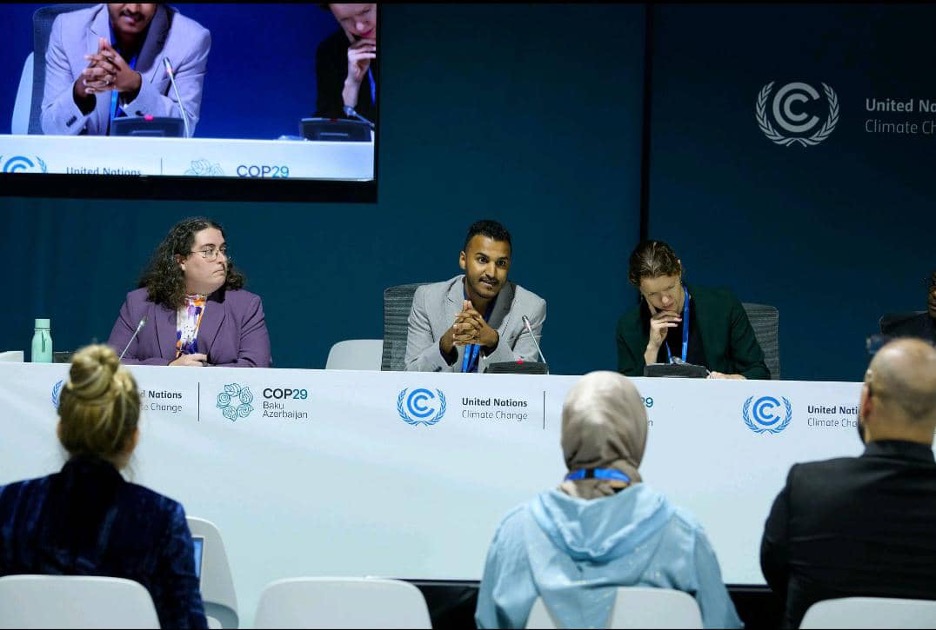COP29 concluded with a controversial agreement on climate finance for developing countries. Mohammed Abdulrahman, programme coordinator for Cordaid in Yemen, attended the conference in Azerbaijan and reflects on its outcomes in this blog.

Following protracted negotiations, countries agreed to a plan in which developed states committed to providing $300 billion annually by 2035 to assist poorer countries in combating climate change.
This amount, however, falls short of the $1.3 trillion annually that many developing countries believe is necessary to address climate challenges adequately.
Lack of Tangible Steps to Phase out Fossil Fuels
The extended negotiations and the final agreement highlight the fragility of international climate cooperation. The lack of tangible steps to phase out fossil fuels further highlights the challenges in aligning global policies with the urgent need for climate action.
Cordaid, an organisation dedicated to supporting vulnerable and conflict-affected communities, recognises the critical importance of adequate and accessible climate finance. The outcomes of COP29, particularly the financial commitments, directly affect the communities we serve. Though the agreed-upon funding is a step forward, it may not sufficiently address the needs of fragile settings where climate impacts are most severe.
Localised Financing Mechanisms
In our position paper for COP29, we advocated for localised financing mechanisms that are easily accessible and tailored to the unique challenges of fragile and conflict-affected settings. We emphasised the necessity for inclusive and integrated approaches that do not exacerbate existing vulnerabilities.
